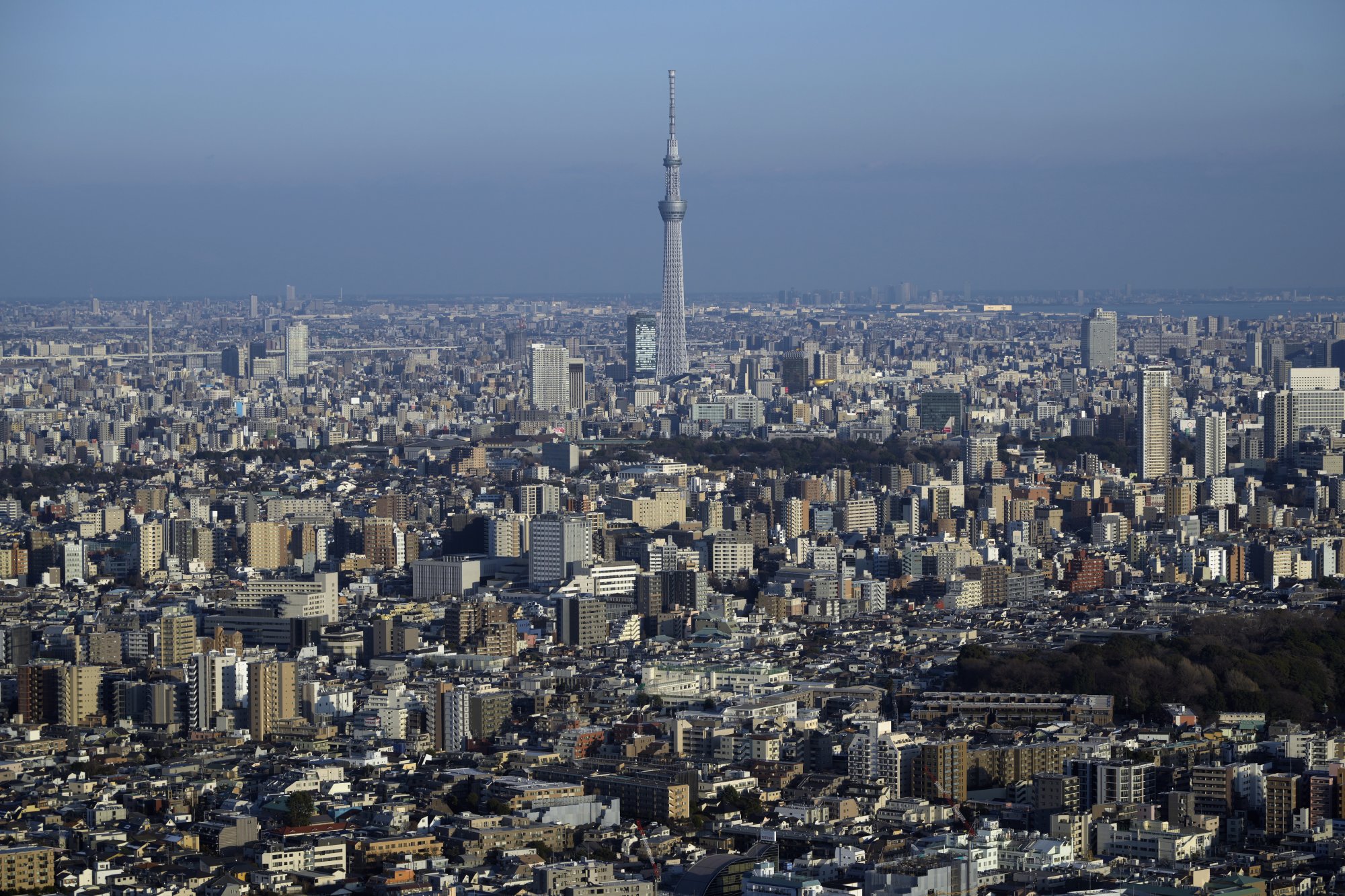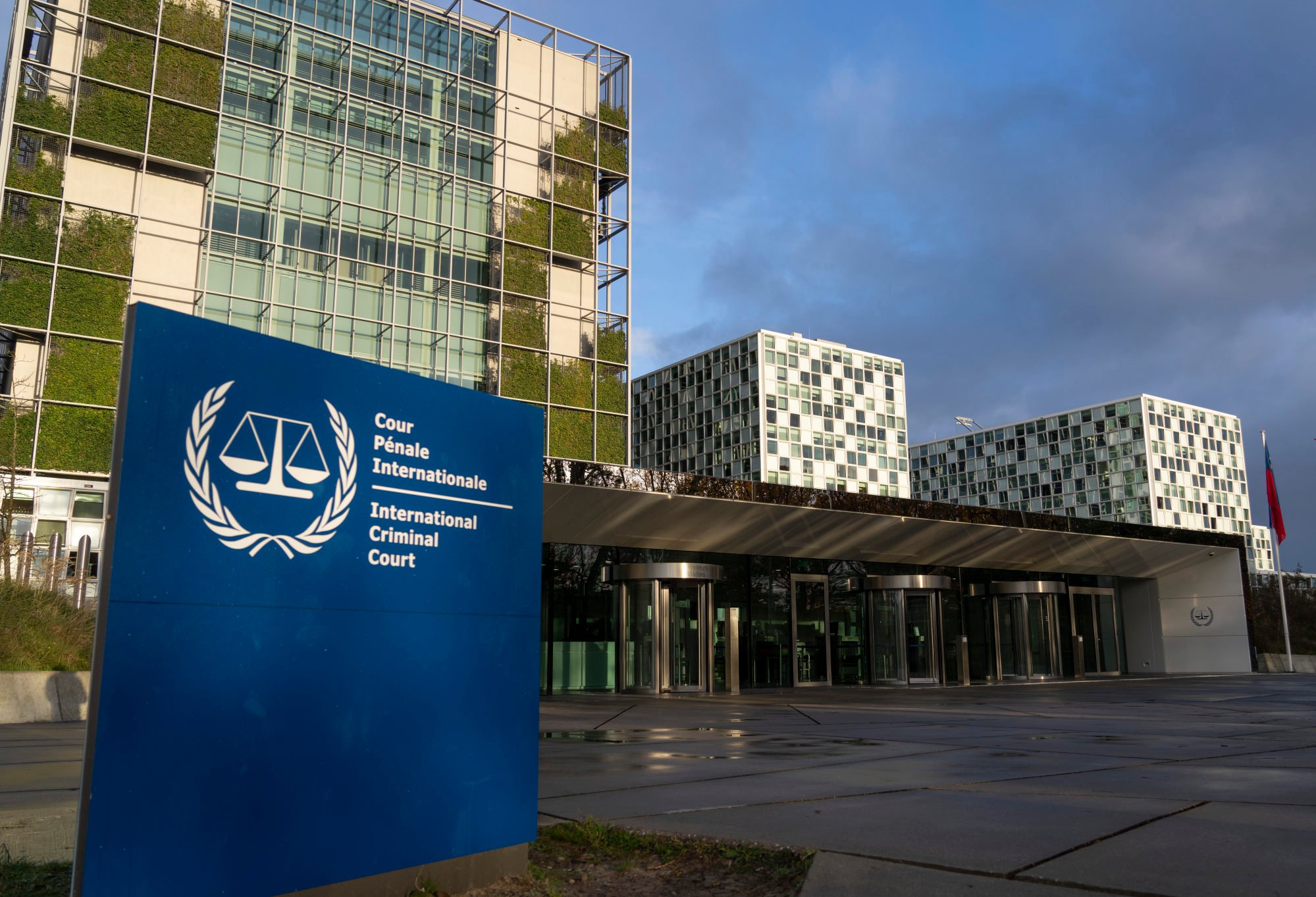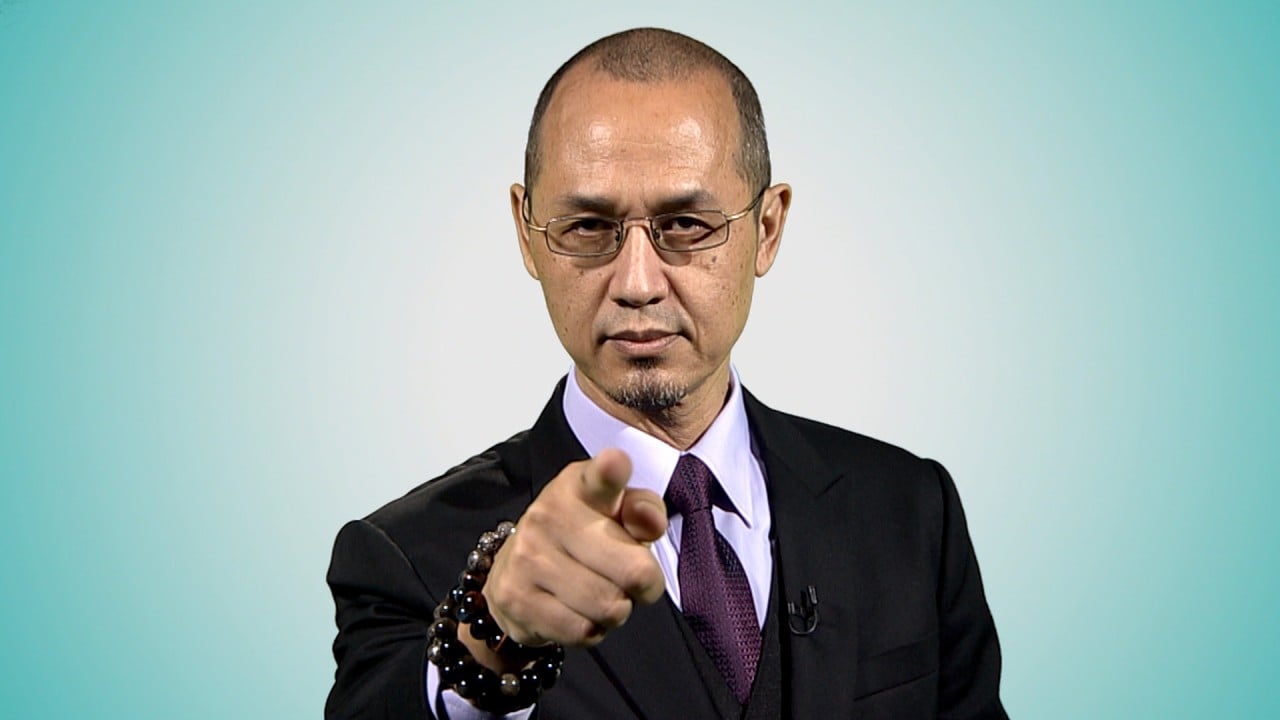
Japan is one of the largest financial contributors to the ICC, earmarking 3 billion yen (US$20 million) in the 2022 financial year budget, as well as contributing to its operations and staffing, such as by dispatching prosecutors to assist on cases.
Go Ito, a professor of international relations at Tokyo’s Meiji University, said, “I believe the promotion of Judge [Tomoko] Akane to the top position in the court in The Hague has given Japan new belief that this is where the Asian court should be based, along with all the clear evidence that Japan has long been a leading contributor to the court and a firm follower of international law.”
By the end of this month, the ICC will release an overview of its plan to set up four regional courts around the world. The court hopes to expand its geographical footprint to ease the pressure on the single court that presently adjudicates in international disputes, as well as to increase cooperation among the 124 states that are a party to the Rome Statute of the ICC.
Did ICC enter the Philippines to probe ex-leader Duterte’s anti-drug campaign?
Did ICC enter the Philippines to probe ex-leader Duterte’s anti-drug campaign?
The ICC – which tries individuals for genocide, war crimes, crimes against humanity and aggression – also hopes to increase understanding of the court’s objectives among non-member states and encourage them to join.
A general assembly of the full ICC later this year is expected to approve the plan, and branch offices are anticipated to be operational as soon as 2026.

But Ito of Meiji University anticipates friction with some of Japan’s immediate neighbours.
Beijing has called the ruling “null and void”.
As tensions simmer over the South China Sea issue and more countries get involved in the dispute, a future hearing could be held in Tokyo if fighting breaks out.
Similarly, Japan and South Korea have long been locked in intense discussions over their shared history, including Japanese aggression during the occupation of the Korean peninsula and disputed territories.
“The problem is that countries like China, North Korea, Russia and others see the ICC as fundamentally an infringement on their sovereign rights to act as they wish,” Nagy said.
“If there are judges from these sorts of countries on the ICC in Asia, then I am not sure that those judges would be able to separate themselves from the positions of their governments.
“A Japanese judge, on the other hand, would not skew the judgments of the court in favour of Tokyo because following established international law would already be in line with Japan’s position,” he said.
For that reason, Nagy anticipates resistance from Japan’s regional rivals, even if they are not formal members of the ICC.
Additional reporting by Kyodo


